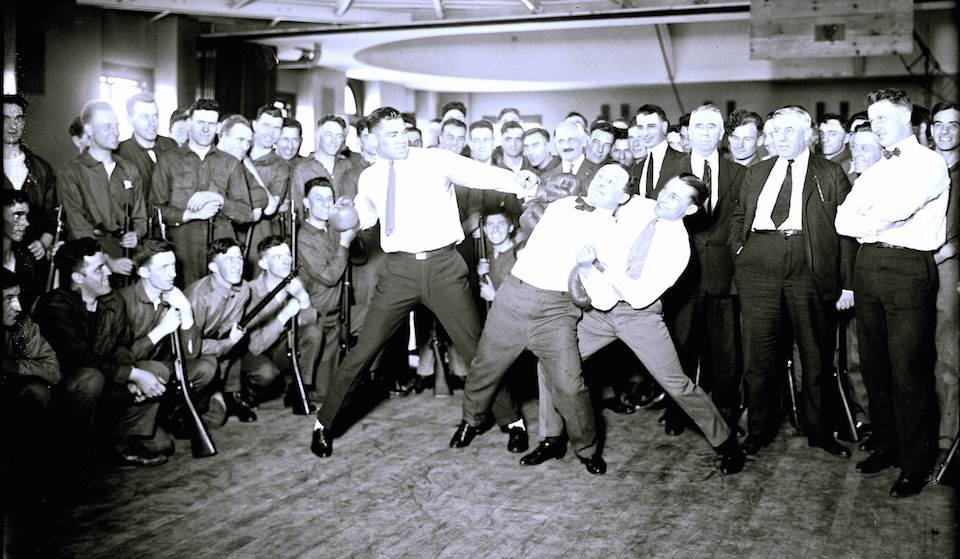A neophyte ventures into academic socialization (continues).
Having somehow sharpened my understanding of some key dynamics that permeate international social-scientific gatherings, over my last few days in Toronto I paid more attention to a very important component I had guiltily neglected so far: networking. Which is nothing but another, more sophisticated way of designing cocktail receptions. One can hardly find a single moment, throughout the whole duration of the ISA, in which there is not some cocktail organized by some scholarly network affiliated to the Association. I have picked up some of them randomly, and had the opportunity to access free bars generously sponsored by: Routledge, Oxford Books, International Political Sociology Association, Carnegie Foundation… During one of such events, I found myself discussing with PhD candidates at Cambridge, Oxford, Princeton, and Berkeley. Surprisingly, scholars from these world famous and widely envied institutions spent most of the time complaining about the gloomy future of unemployment and frustration they see. Now, the effects of the open bar might have contributed to clairvoyance; still, self-victimization seems to have deep roots a bit everywhere in the global academia, well beyond those Italian boundaries inside which – I thought – it was relegated (and for good reasons).
I had much more constructive discussions with activists who converged to Toronto from the seven seas. This is an unexpected, fascinating aspect of the ISA: apparently, many people turn to research in the IR field (broadly defined) out of their passion – and in some cases on the basis of previous experience – as human rights advocates, environmental justice activists, politically-engaged film-makers or international development practitioners. A doubly critical approach, both vis-à-vis the dogmatism of non-reflective practice and vis-à-vis the futility of academic over-confidence, makes a perfectly balanced mix with the potential to trigger exciting discussions. I attended two interesting seminars: the first about “mobilizing social shame and outrage,” which was based on fascinating case studies from media and human rights activism; the other one was about methods to assess the impact and influence of advocacy-based non-state actors. The virtues of both comparative quantitative methods and constructivist approaches to the spreading of social norms were put under scrutiny, in order to overcome the well-known flaws of process-tracing tools that are so far employed in this field.
Process-tracing methods were also at the core of a widely participated seminar on Stefano Guzzini’s latest book on the resurgence of geopolitical thinking in the post-Soviet space. In a nutshell, Guzzini’s argues that in a situation of identity crisis and deep anxiety about one’s role in the international arena, post-soviet states resorted to MacKinder to replace a decayed Marx. An epic battle flared up between Guzzini and Deudney on the origins of post-Soviet geopolitical imagination: several dead bodies could be counted at the end of it.

I also took the opportunity to explore the state of the art of international research on the topic I struggle with in my PhD: the conflict in northern Mali under the lenses of critical geopolitics and critical security studies. I came to realize that, if the ISA is a representative portion of relevant research on the topic, a very limited number of scholars focus on this area. This may be good news for a believer in neo-liberalism and in the corpus mysticum of comparative advantage vis-à-vis potential competitors in the international market of knowledge. Yet, the fact is that little chance for discussion and feedback exists. And I am left wondering whether a limited supply of research reflects an equally limited demand for it: the gloomy forecasts of Berkeley’s scholars might not be that misleading, in the end… Moreover, a majority among the few researchers who focus on the conflict in Mali are not necessarily as critical as I pride myself to be. I couldn’t help polemicising and arguing with several speakers (junior speakers, of course: each in his/her own category) who professed a straightforward military ultra-orthodox approach to the matter: I must confess I had a lot of fun. I also spent a happy half an hour listening to John Agnew politely tearing two professors from Cornell University into pieces, as they were intent on resurrecting the old geopolitical theory of maritime and land powers, that barely hides its apologetic intent of the American power. At the end, I had the chance to listen to Morten Boas speaking of Al Qaeda in the Maghreb: after the seminar, we decided we had a lot to discuss about, so we went to the bar and spent a couple of pleasant hours drinking beers and talking about ultra-salafists and narco-traffickers hiding in the middle of the Saharan sands.
This circumstance also raises another issue, that was widely debated during this year’s Convention, entitled “Geopolitics in an Era of Globalization:” what is the relationship, if any, between geography and politics? Which is, of course, a question as old as political science is, to which this ISA edition added nothing but more doubts. Struggling to identify some take-aways, the only certainty seems to be that quantitative methods, no matter how sophisticated and reiterated they might be (an example are those deployed by some PRIO researchers) have so far failed to yield any significant result or correlation – let alone causation – between space and political organization. Figures hardly add up: they are contradictory and their significance is elusive. Alongside with the anarchical French geographer Elysée Reclus, I am just more and more convinced that, to paraphrase Wendt’s famous quote, at the end of the day space is what you make of it.
Acknowledgements
Image credit: Jack Dempsey (l), Harry Houdini (center), and Benny Leonard (r) spar at a publicity event (Wikipedia).
